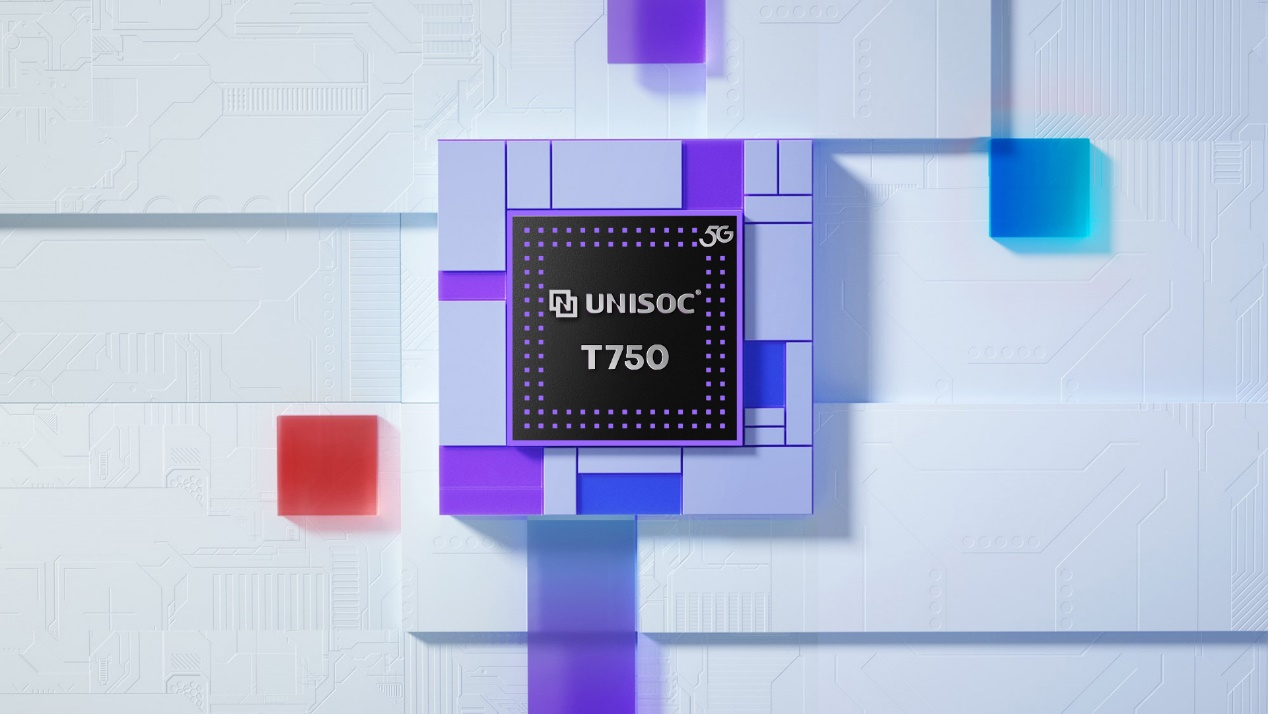The Facebook’s F8 Developer Conference entered its second day with several new announcements related to connectivity lab, artificial intelligence (AI), social VR and a wide range of new open source initiatives.
While speaking at the opening keynote session, Facebook Chief Technology Officer – Mike Schroepfer revealed the company’s on-going initiatives to connect people across nations by bypassing boundaries including the development of new platforms like artificial intelligence and virtual reality. Meanwhile, Schroepfer along with other keynote speakers gave a series of updates on some of the Facebook’s long-term focus areas.
Facebook announced the launch of two new terrestrial systems focused on improving the speed, efficiency, and quality of internet connectivity around the world. While Terragraph is a wireless system used to provide connectivity for dense urban areas, ARIES is a proof-of-concept research project to provide wide-coverage connectivity to areas with low population density.
At the F8 Developer Conference, the Applied Machine Learning team showcased a glimpse of the Artificial Intelligence backbone such as language translation, image understanding that allows photos to be searched for and classified by the image context rather than tags including videos classification in real time to enable people to navigate the increasingly rich content people create every day.
Facebook recently established a new core product team to discover the possibilities of Social VR, that provide a way to enable people to interact with the environment and communicating through body language as well as voice.
As part of the new initiative, the developers assembled at the F8 Developer Conference were briefed about the various options and long-term possibilities by which people can connect and share using VR technology.
Facebook, revealed at the F8 Developer Conference that it has updated its React Native ecosystem by adding APIs for Windows, Tizen in addition to the release of a Facebook SDK for React Native, which enables developers to integrate social features like Login, Sharing, App Analytics, and Graph APIs across various platforms.
By developing several internal tools to provide a smooth mobile experience, Facebook is planning to contribute several new projects to the open source community primarily aimed at helping developers to improve their own mobile app performance.
Source: Facebook Newsroom



























